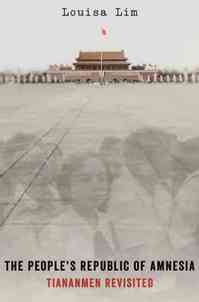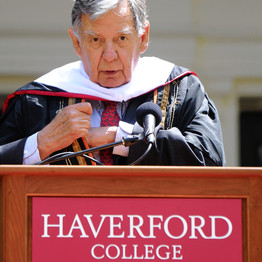(p. D8) This week [the week starting Sun. January 25, 2015], China’s ideological drive against Western liberal ideas broadened to take in a new target: foreign textbooks.
Meeting in Beijing with the leaders of several prominent universities, Education Minister Yuan Guiren laid out new rules restricting the use of Western textbooks and banning those sowing “Western values.”
“Strengthen management of the use of original Western teaching materials,” Mr. Yuan said at a meeting with university officials, according to Xinhua, the state news agency. “By no means allow teaching materials that disseminate Western values in our classrooms.”
The strictures on textbooks are the latest of a succession of measures to strengthen the Communist Party’s control of intellectual life and eradicate avenues for spreading ideas about rule of law, liberal democracy and civil society that it regards as dangerous contagions, which could undermine its hold on power.
On Jan. 19, the leadership issued guidelines demanding that universities make a priority of ideological loyalty to the party, Marxism and Mr. Xi’s ideas.
Mr. Yuan’s message this week spelled out how universities should do that.
“Never allow statements that attack and slander party leaders and malign socialism to be heard in classrooms,” he said, according to the Xinhua report. “Never allow teachers to grumble and vent in the classroom, passing on their unhealthy emotions to students.”
For the full story, see:
CHRIS BUCKLEY. “China Warns Against ‘Western Values’ in Imported Textbooks.” The New York Times (Sat., JAN. 31, 2015): A9.
(Note: ellipsis, and bracketed words, added.)
(Note: the online version of the story has the date JAN. 30, 2015.)




